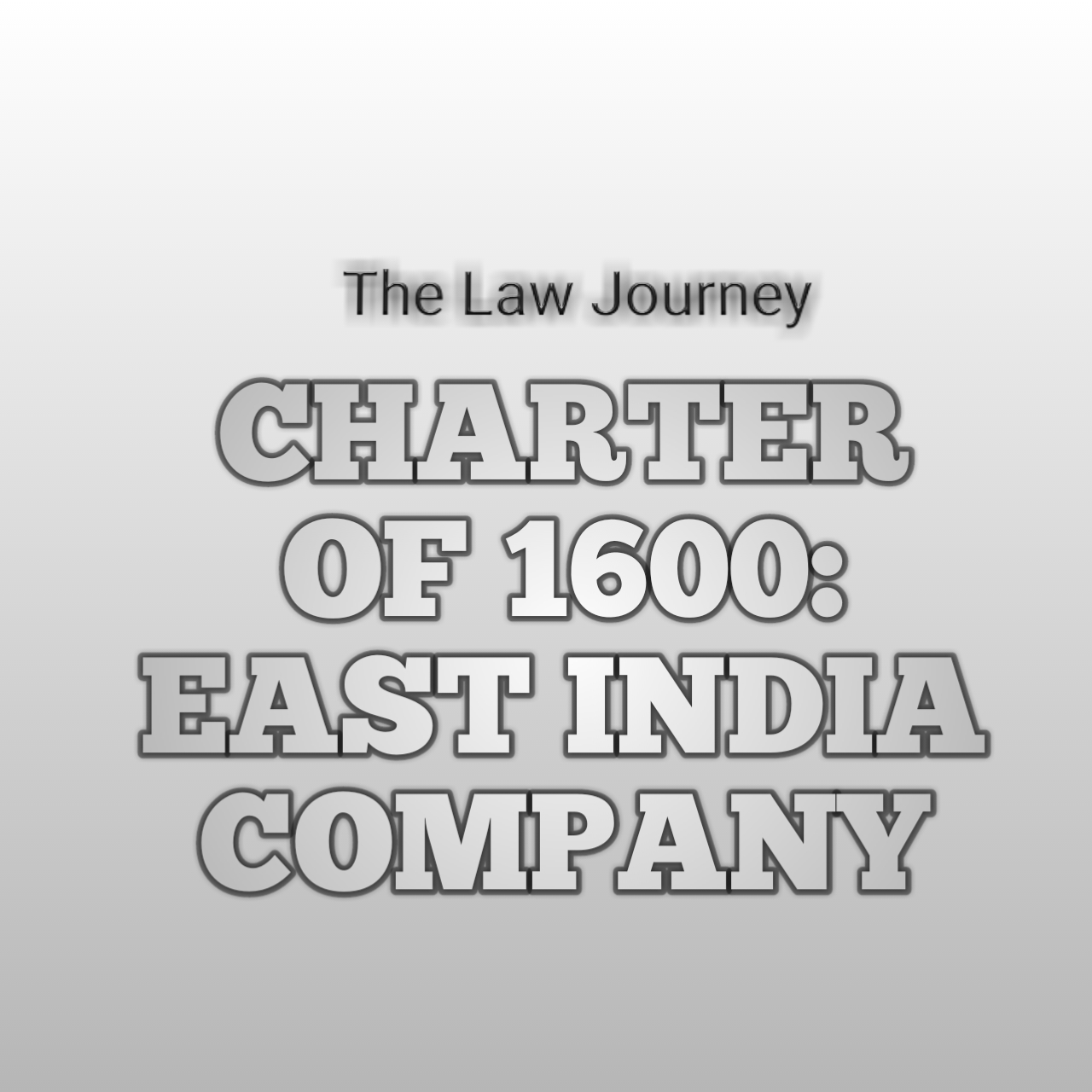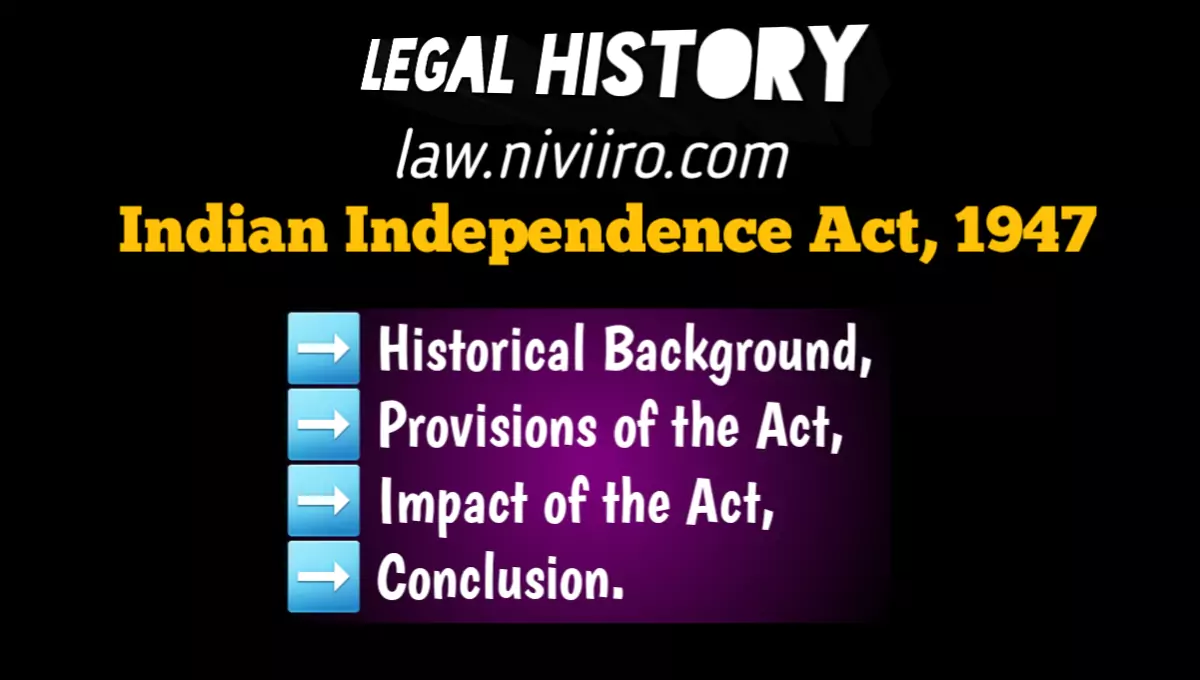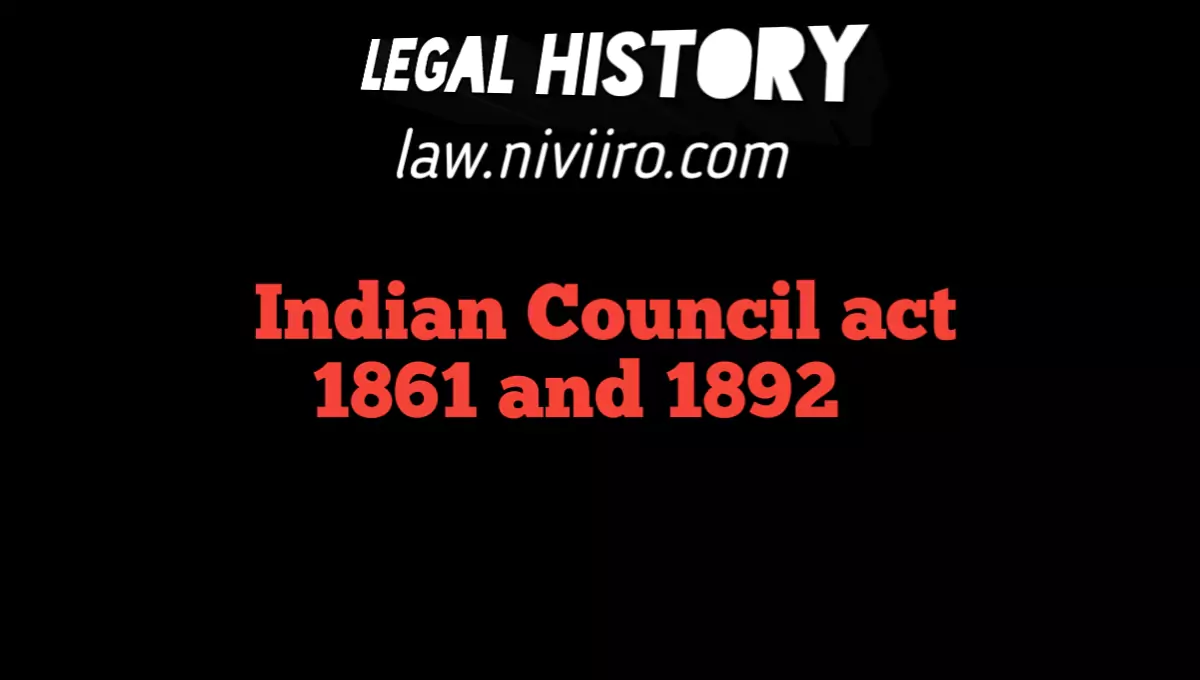Charter of 1600, The emergence of East India company stand out a unique event in the history of India.Indian real legal history started with the coming of East India company.
Emergence of East India Company
The official title of the East India Company was “The governor and the company of merchent of London trading into the East Indies”.
The title was incorporated in England on 31 December 1600 by a charter from Queen Elizabeth which set out its constitutional power and privileges.The company was to have a life span of 15 years, but the charter could be canceled by the crown at 2 years’ notice if the charter was not profitable to the realm.
The company was to enjoy exclusive trading rights that extended from the Cape of Good Hope to the Strait of Magellan. No permission was given to any other company to trade in the area without the permission of the company. Unauthorized British merchants were liable to confiscate their goods and ships.The affairs of the company were to be conducted democratically.
All its members were from a ‘General Court’, which was to elect the Governor’s ‘Court of Directors’ every year and 24 directors to manage company affairs. The Governor and the Director were to hold office for one year, the ‘General Court’ could remove any member before the expiry of his term and elect a new person to fill the vacancy.
Legislative Powers
Charter authorised the company to make law and order for its good governance, servants and better business. Law and punishment must be justified and these laws should not be in accordance with the law of England.Punishment for violation of law can only be fine, confiscation and imprisonment.
They were not given any harsh punishment like the death penalty.Thus the legislative power given to the East India Company was limited.
King’s Commission
The company soon found that it’s legislative power was not sufficient for maintain the offences done by the servents.
To meet the situation they empowered a king’s commission to inflist capital punishment. A law Made by the company for Punishment the murder and mutiny cases called “the law Martial”. The first of such commission was issued by queen elizabeth on the 24 January,1601 to captain lancaster for the first voyage.
Power to Issue Commission Granted to the Company
To put an end to the practice of giving a separate royal commission for each voyage, on December 14, 1615, King James I granted the Company a general power to issue such commissions to its captains, provided that a capital offenses were committed.
In the case of, such as willful murder and mutiny, the verdict must be found by a jury of twelve servants of the company. When business establishments were established by the company in India, the need for equal powers was felt to maintain discipline among the employees of the company on the land.
Therefore, on February 4, 1623, James I gave the Company the power to issue commissions to them, including death, subject to the provision that “if any of its president or chief officer is to be authorized at its disposal the sentence of death ..” He may be given “substantial authority to punish offenses committed on land by British servants of the Company, and to enforce discipline between his servants both on the high seas and of mutiny, murder or other felonies after trial by jury.” But to enforce the appropriate punishment.The company was equipped from Indian soil.
Related Post
Important Questions
By which charter the East India company was established ?
East India company was established by the charter of 1600.
What was the official title of the East India company ?
The official title of the East India Company was “The governor and the company of merchent of London trading into the East Indies”.
Describe the trading rights of the company ?
The company was to enjoy exclusive trading rights that extended from the Cape of Good Hope to the Strait of Magellan.No permission was given to any other company to trade in the area without the permission of the company.Unauthorized British merchants were liable to confiscate their goods and ships.The affairs of the company were to be conducted democratically.
Expaine the lagislative power of the company ?
Charter authorizing the company to make law and order for its good governance, servants and better business.Law and punishment must be justified and these laws should not be in accordance with the law of England.Punishment for violation of law can only be fine, confiscation and imprisonment.
They were not given any harsh punishment like the death penalty.Thus the legislative power given to the East India Company was limited.
What was “the law Martial” ?
A law Made by the company for Punishment the murder and mutiny cases called “the law Martial”.
When and by whom The first voyage commission was issued ?
The first of such commission was issued by queen elizabeth on the 24 January,1601 to captain lancaster for the first voyage.
East India company member elected by which court ?
East India company member elected by ‘General Court’.
What was the time limit of the East India company ?
The company was to have a life span of 15 years.
Refrences Book
- M.P. Jain, Outlines of India Legal History
- V.D. Kulshrestha, Landmarks in Indian Legal History
- M. Rama Jois, Legal and Constitutional History of India
- Indian legal and constitutional history by Dr. N. V. Paranjape
- A.B. Keith, Constitutional History of India
- Rankin G.C. Background to Indian Law

















